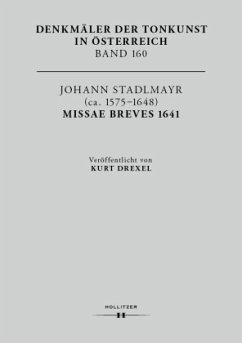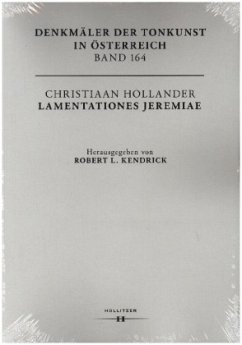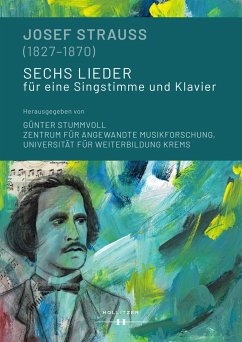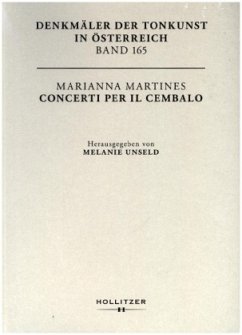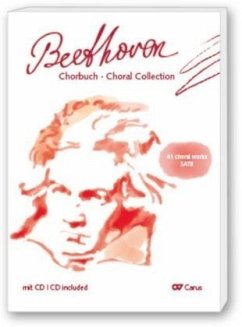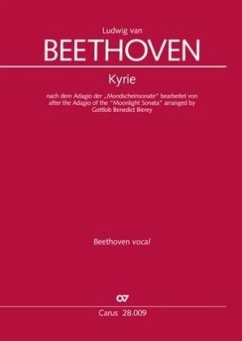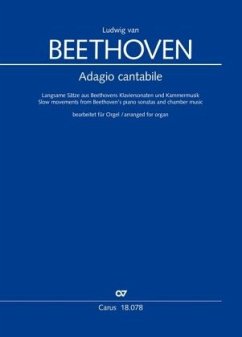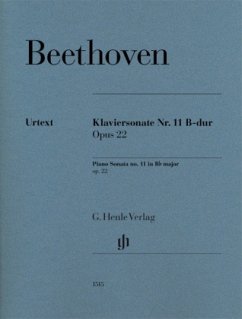
Ludwig Senfl. Motets For Six and Eight Voices, Canons
New Senfl Edition 4
Herausgegeben: Eybl, Martin; Lodes, Birgit
Versandkostenfrei!
Versandfertig in 3-5 Tagen
199,00 €
inkl. MwSt.

PAYBACK Punkte
0 °P sammeln!
With the publication of all six- and eight-part motets as well as all canons, the fourth volume of the NSE completes the new edition of Ludwig Senfl's motets. Among them are Senfl's famous re-working of Josquin Desprez' Ave, Maria ... Virgo serena, the three eight-part motets with an unusually large scoring for the time (presumably composed for state events), as well as the works conceived as pure canons, such as the three-part double canon Crux fidelis - Ecce lignum crucis - O crux, ave, the Laudate Dominum conceived for 3-6 voices, or the riddle canon Salve, sancta parens designed as a magic...
With the publication of all six- and eight-part motets as well as all canons, the fourth volume of the NSE completes the new edition of Ludwig Senfl's motets. Among them are Senfl's famous re-working of Josquin Desprez' Ave, Maria ... Virgo serena, the three eight-part motets with an unusually large scoring for the time (presumably composed for state events), as well as the works conceived as pure canons, such as the three-part double canon Crux fidelis - Ecce lignum crucis - O crux, ave, the Laudate Dominum conceived for 3-6 voices, or the riddle canon Salve, sancta parens designed as a magic square.In addition to the scholarly editions, the volume offers numerous illustrations, as well as comprehensive critical reports on each work, which provide comprehensive information on the texts, plainchant models, an evaluation of the sources, as well as the context of the works' history.
Dieser Artikel kann nur an eine deutsche Lieferadresse ausgeliefert werden.



